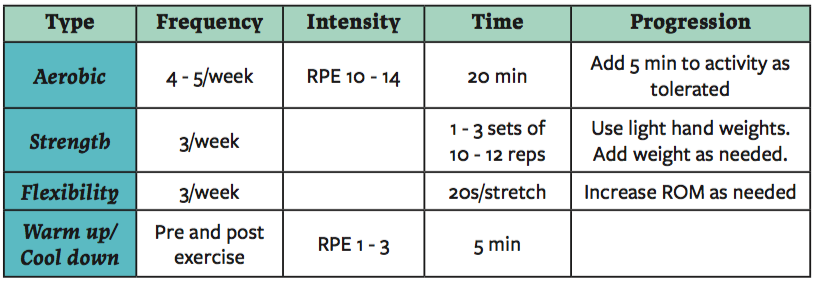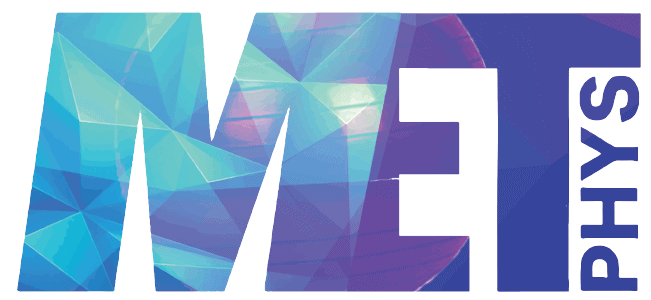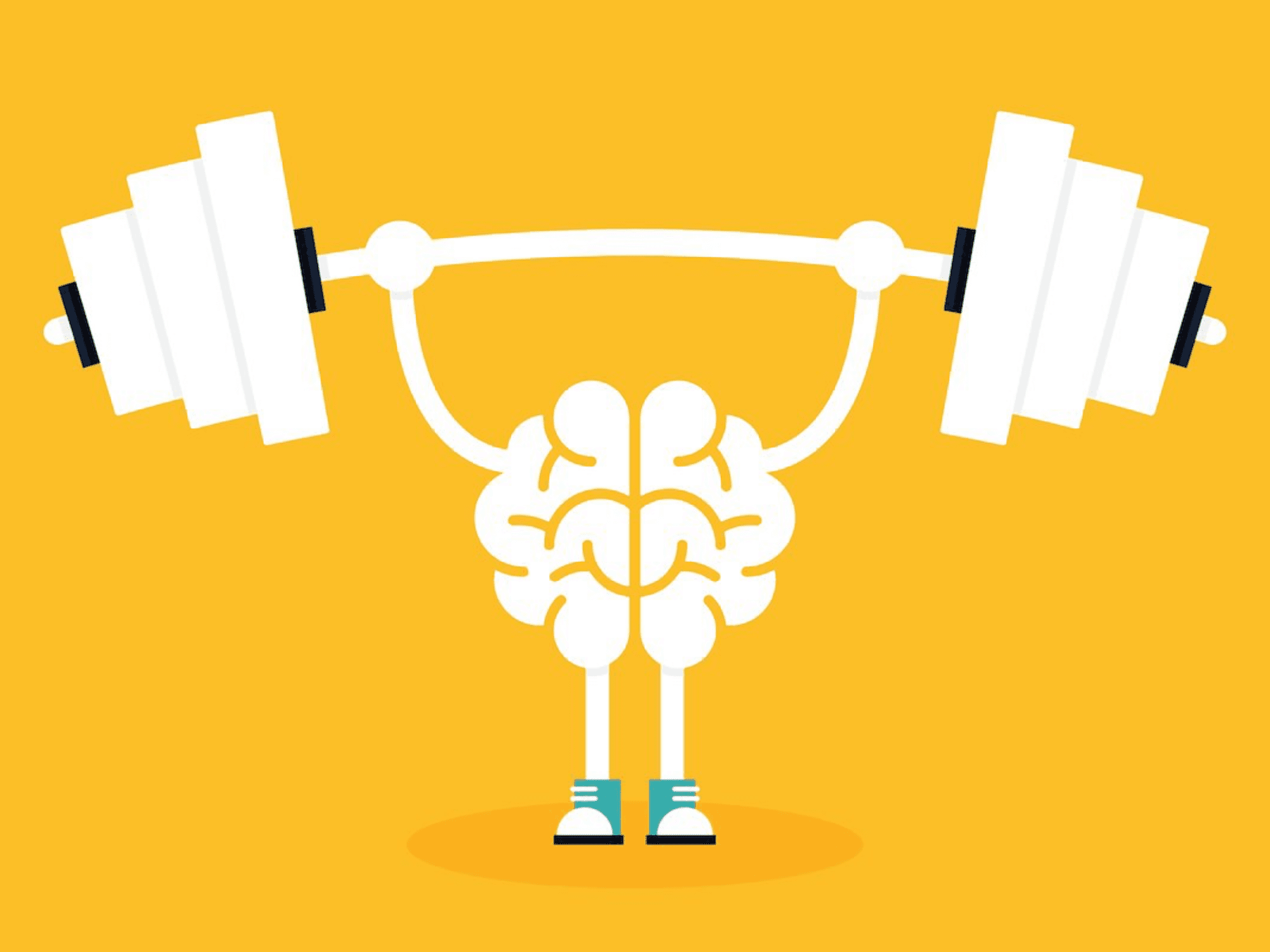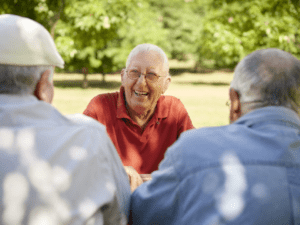What is it all about?
Bringing awareness to all the different neurological conditions out there and to increase public awareness of the progress and benefits of brain research.
Who are they?
The Brain Foundation is a national charity dedicated to funding Australian based research into neurological disorders, brain disease and brain injuries. This helps clinicians around the world provide more advanced diagnoses, treatment and patient outcomes.
Neurological Condition
Alzheimer’s Disease (AD) is a chronic progressive neurodegenerative condition that even- tually becomes fatal. AD is the most common cause of dementia (50-70%) and paired with dementia, has become the second leading cause of death in Australia (Association, 2019). This condition results from reduced biosynthesis of the neurotransmitter acetylcholine, neural protein anomalies and genetic predisposition. This leads to destroyed brain cells which in turn causes dysfunctions in memory, thinking and behaviour (American College of Sports Medicine [ACSM], 2003). Most commonly, individuals suffering from AD end up with disability and a decreased quality of life. Unfortunately, there is no known cure at this time.
Phases of AD (ACSM, 2003):
Phase 1: Forgetfulness – about where items are placed, appointments, and names as well as anxiety associated with the forgetting
Phase 2: Confusion and intellectual impairment, including problems with short-term memo- ry, concentration and orientation
Phase 3: Increased delusions, agitation, loss of basic abilities and incontinence
How can you determine the severity of AD (ACSM, 2003)?
Stage 1: No impairment.
Individuals experience no memory problems and none are evident to a health professional
Stage 2: Very mild cognitive impairment.
Individuals are aware that they are having memory lapses – misplacing personal items/forgetting names. No obvious deficits are noticed by friends, family or health professional
Stage 3: Mild cognitive decline.
Others begin to notice deficiencies in individual’s recall of familiar words and names, retention of infor- mation after reading a passage and ability to plan and organise
Stage 4: Moderate cognitive decline.
Clear-cut deficiencies are evident from medical assessment in the areas of recalling recent events, per- forming mathematical tasks, performing complex tasks and recollecting own history. May appear with- drawn in socially or mentally challenging situations
Stage 5: Moderately severely cognitive decline.
Major gaps in memory emerge, such as recalling the date, the day of the week or the current season. May require assistance with certain ADLs but usually have no issue feeding themselves or with incontinence
Stage 6: Severe cognitive decline.
Memory continues to decline, significant personality changes may emerge, people may require assistance with ADLs, experience disruption to circadian rhythms, experience incontinence and tend to wander
Stage 7: Very severe cognitive decline.
Individuals lose the ability to respond to their environment, to speak and ultimately to control movement
Current recommendation for a person with AD regarding exercise is (ACSM, 2003):

Exercise Physiologists undergo training to provide individualised exercise prescriptions to persons with Alzheimer’s Disease. To learn more about how exercise can benefit yourself or a friend with Alzheimer’s Disease, please get in touch with our Accredited Exercise Physiologists on 0745 993 165.
References American College of Sports Medicine. (2003). ACSM’s exercise management for persons with chronic diseases and disabilities, (3rd ed.). United States of Amer- ica, USA: Human Kinetics.
Association, A. (2019). Alzheimer's & Dementia Help | Australia | Alzheimer's Association. [online]
Alzheimer's Association. Available at: ht



